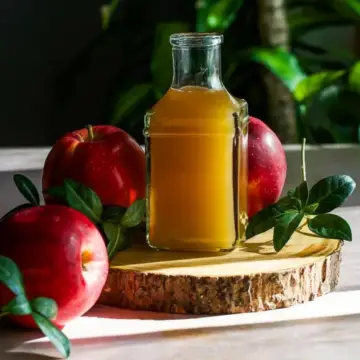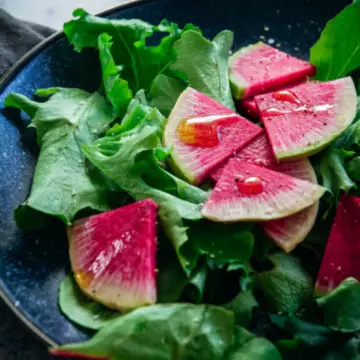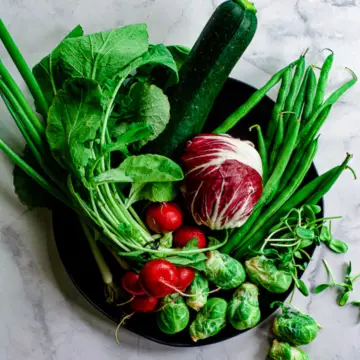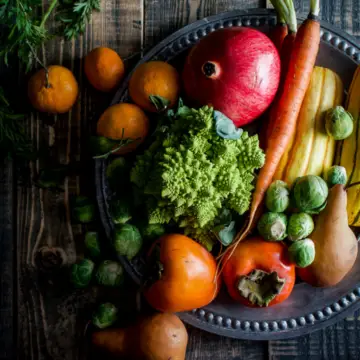In this post, we cover one of the most important trace minerals that is essential for health and well-being.

Zinc isn't exactly a sexy topic. Not something that's at the forefront of health topics but in my opinion, it should be. While I don't think we should eat food for individual nutrients, it's important that we pay attention to what foods can do for us and how they can affect the overall functions of the body.
Zinc is a trace mineral and is the second most abundant in the body, next to iron. It is crucial for keeping the immune system strong. It plays a vital role in cell division and growth as well as wound healing. It's also responsible for the breakdown of carbohydrates. Since zinc is not stored in the body for extended periods of time, we need to get it through food or supplementation on a consistent basis. A little bit goes a long way.

Unfortunately due to our over-processed diet, many don't get the recommended intake of zinc. In addition to not receiving the appropriate amounts of zinc, certain foods may actually block the absorption of zinc. Foods high in copper, iron, and calcium can lessen absorption. Also, phytic acid, found in grains and legumes, can inhibit absorption as well.

Symptoms of zinc deficiency
- weak immune system
- leaky gut
- skin problems
- slow wound healing
- hair loss
- anxiety
- fertility issues
- depression
- diarrhea
- fatigue
- poor taste and smell
- hypothyroidism
Before we look at the benefits of zinc, I want to point out that zinc toxicity is serious and should not be supplemented haphazardly. The highest recommended DV intake should remain below 40mg for adults.
Benefits of zinc
- Shorter colds - Most of us have seen over-the-counter zinc treatments that are generally to be taken at the onset of a cold. "A meta-analysis published in June 2011 concluded that zinc lozenges reduce the duration of cold symptoms by 12% to 48%, but only at daily doses >75 mg" I'm not a fan of zinc lozenges as I find the taste to be pretty rough but I do take 15mg of zinc daily in order to boost the immune system.
- Weight loss - Several studies have looked at the impact of zinc on weight loss. "ZC treatment improved weight control and may be a possible treatment for overweight and obesity" This study concludes that supplementing with 30mg of zinc daily can have a remarkable impact on body mass index.
- Balances hormones - Zinc plays an important role in balancing thyroid hormones as is shown in this study. Aside from its impact on thyroid function, zinc is also responsible for regulating sex hormones in both men and women. It's responsible for regulating estrogen and progesterone in women as well as testosterone in men.
- Skin health - Zinc has been widely used in the treatment of acne and other skin disorders. This review looks at individual skin conditions and addresses the impact of zinc on each in turn. Conditions such as eczema, ulcers and wounds, psoriasis and more have shown positive outcomes when supplementing with zinc.
- Depression support - Several studies have looked at zinc deficiency and its role in depression. Most of the zinc in the body is found in the brain. Being deficient of this key mineral can contribute to symptoms of ADHD, depression, memory problems, and behavioral difficulties in children. Additionally, zinc is in part responsible for regulating the neurotransmitter dopamine, the feel good chemical, that's responsible for mood and reward-driven behavior.
- Anti-inflammatory - Inflammation. Yes, the culprit of so many modern-day diseases. "Zinc deficiency results in immune dysfunction and promotes systemic inflammation." Since zinc acts as an anti-inflammatory, it's shown to be a promising treatment in managing menstrual pain. Additionally, it's shown to be beneficial in the elderly population who are much more susceptible to inflammation due to aging. "Inasmuch as chronic inflammation and oxidative stress are implicated in many chronic diseases of the elderly, we hypothesize that zinc supplementation to the elderly may be very beneficial."
- Chronic fatigue - seems to be an epidemic of our times. Everyone is always exhausted. This could potentially have something to do with a copper-zinc imbalance. "The fact is that the micronutrient copper is widely available in unrefined foods, but the mineral zinc, needed in larger amounts to balance copper, can only reliably be obtained in optimum amounts from land-based animal foods, in particular eggs and red meats." This study examines subjects suffering from Chronic Fatigue Syndrome (CFS) and healthy volunteers and found that blood serum levels of zinc are significantly lower in those suffering from CFS vs. healthy volunteers.
While supplementation may be necessary for some individuals who follow a largely vegan or vegetarian, diet, those who do not, would benefit from obtaining zinc through food. One thing that may surprise you is that chocolate is actually good for you. Real chocolate and in moderation.
Zinc rich foods
- Oysters - 220% DV per 6 oysters
- Crab - 43% DV per 3 oz
- Pumpkin seeds - 44% DV per cup
- Lamb - 45% DV per 3 oz
- Grass-fed beef - 30% DV per 3.5 oz
- Dark chocolate and cocoa - 19% DV per 29g square
- Chicken - 28% DV per 3 oz
- Spinach - 9% DV per cup cooked
- Cashews - 11% DV per 1 oz
- Chickpeas - 17% DV per cooked cup
I hope this provides you with an insight into the benefit of zinc and why it's important to eat a diet that contains ample amounts of it. Again, eating shouldn't be about nutrients but once you eat a diet that includes real, whole foods, getting the proper nutrients is going to be a byproduct of it.





Comments
No Comments